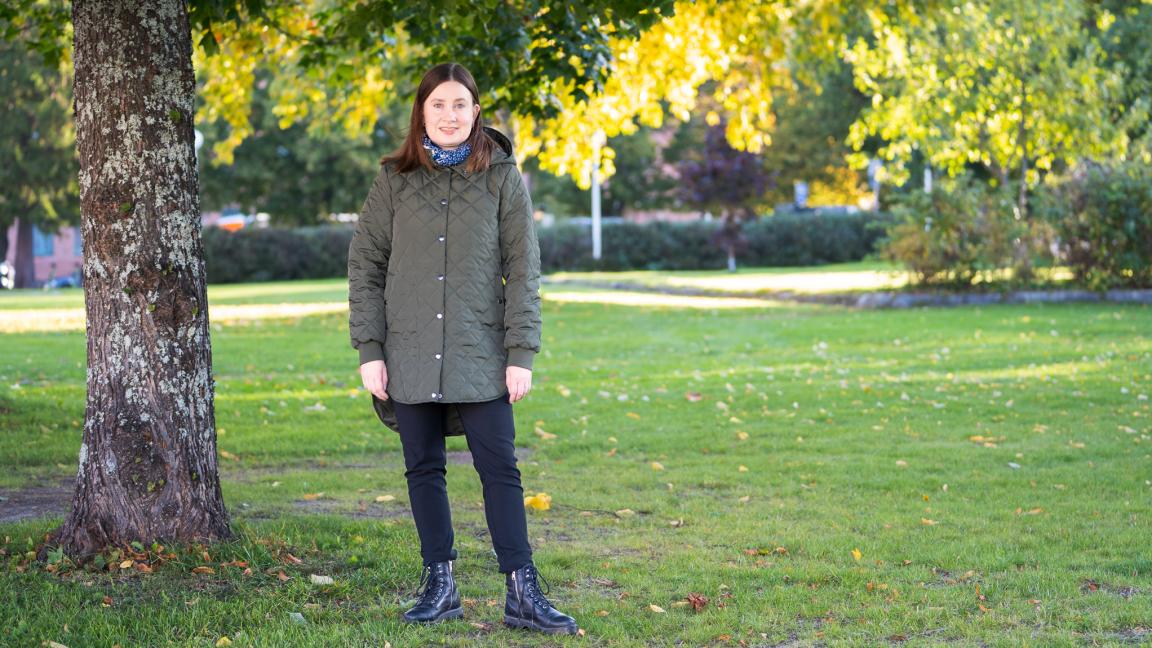Climate change adaptation is no longer a distant idea; it is already visible in the daily lives and future of ordinary Finns. It means, for example, preparing for more frequent heavy rains and urban floods. Cities are responsible for ensuring that urban infrastructure is ready for increased rainfall, while individuals need to consider the storm resistance of their own homes.
– Adaptation is also about mental resilience. It is emotional preparation, for example, for winters changing or in more everyday terms, that coffee and chocolate might potentially become expensive luxury products in the future, says Annu Perälä.
The research reveals that citizens react to the discourse on adaptation in three different ways. Some see it as sensible and necessary in the current situation, while others are more reserved because they do not yet perceive climate risks as personal. A third group views adaptation as a reactive measure that distracts from the most important issue: reducing emissions.
Adaptation and mitigation are two sides of the same coin
According to Perälä's dissertation, one of the challenges in communicating adaptation is that people may not understand that climate change mitigation i.e. reducing emissions and adaptation i.e. preparing for changes are not mutually exclusive.
– There is a broad consensus in climate science that the change is already underway, and we cannot completely stop it. Therefore, we must do both: cut emissions and simultaneously adapt to the consequences. They are two sides of the same coin, Perälä emphasises.
The media plays a crucial role in raising awareness of the issue, but according to the study, coverage of adaptation remains narrow and often abstract. This can hinder the public’s understanding of climate change adaptation. On the other hand, the media does report quite extensively on local adaptation in Finnish cities.
Climate change adaptation concerns the entire society, and communicating the topic is not the sole responsibility of any single entity.
– The media, cities, organisations, companies, and research institutions all have a role in making adaptation a natural part of Finland's climate efforts. If there is no open discussion on the topic, society's ability to prepare for changes will be weakened, says Perälä.
Doctoral dissertation
Perälä, Annu (2025) ”Varmaan niitä vaihtoehtoja on hyvä miettiä”: Ilmastonmuutokseen sopeutumisesta viestiminen tutkimuksen, median ja kansalaisten silmin. Acta Wasaensia 565. Doctoral dissertation. University of Vaasa.
Public defence
The public examination of M.Soc.Sc. Annu Perälä’s doctoral dissertation “Varmaan niitä vaihtoehtoja on hyvä miettiä” : Ilmastonmuutokseen sopeutumisesta viestiminen tutkimuksen, median ja kansalaisten silmin” will be held on Friday 24 October 2025 at 12 at the University of Vaasa, auditorium Nissi.
It is possible to participate in the defence also online:
https://uwasa.zoom.us/j/66321812665?pwd=sA9elo5cJimL4hFl6ABgmc7NVGmtcc.1
Password: 209949
Docent Jari Lyytimäki (Finnish Environment Institute) will act as opponent and Professor Merja Koskela as custos.
The defence will be held in Finnish.
Further information
Annu Perälä graduated with a Master of Social Sciences degree in Political Sciences from the University of Lapland in 2015. She’s a grant-funded researcher at the University of Vaasa. Her doctoral research is funded by Kone Foundation.
